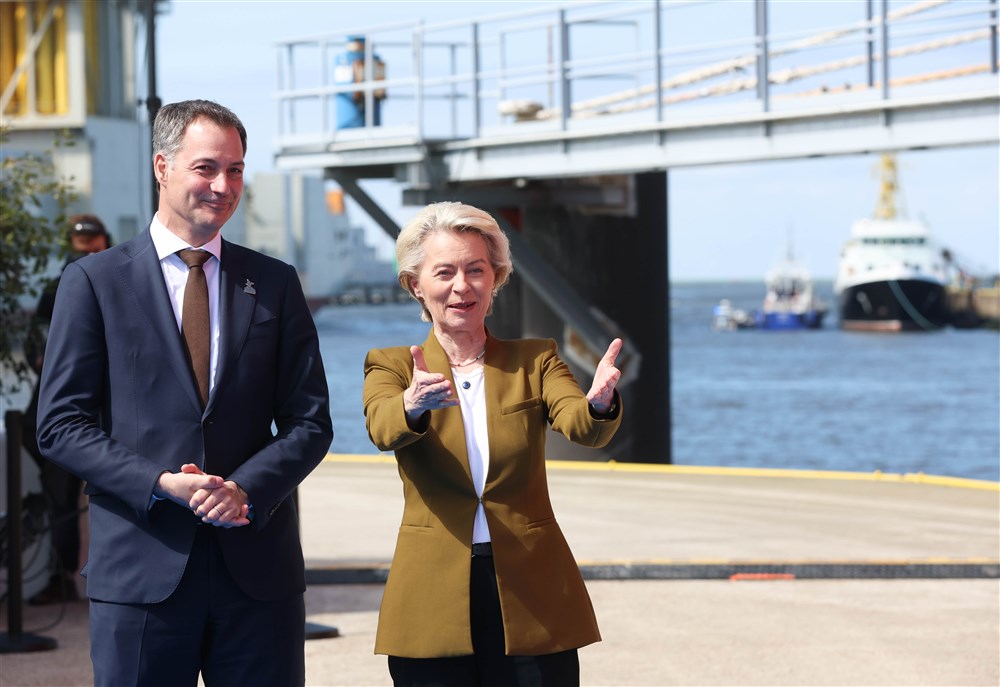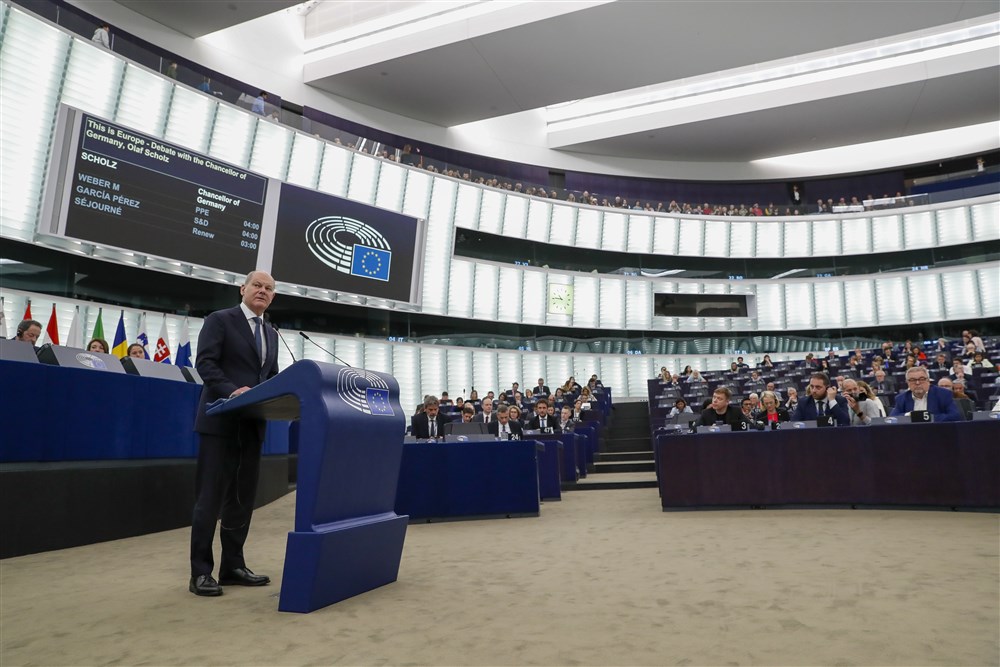Belgium is in favour of moving from unanimity to qualified majority voting for foreign policy matters but wants safeguards.
Belgium is one of nine countries, led by Germany, that form the ‘group of friends’ seeking voting reform they say is required in the name of “effectiveness and speed of our foreign-policy decision-making”.
The Belgian government, however, seems to want to hold on to some form of veto power.
Talking to The Brussels Signal, the spokesman of the Belgian foreign ministry said it wants to get rid of the required unanimity but still wants “some kind of emergency brake” to ensure the country’s fundamental interests are not compromised.
Qualified majority decisions should remain exceptions, Belgium believes.
The spokesman said the federal government would “advocate listening to all Member States and ensuring that [their] fundamental interests… are taken into account”.
He continued: “Therefore, we also want to work on practical solutions such as some kind of emergency brake to ensure that such fundamental interests are not compromised. This is also essential to create the necessary trust that will allow for moving to QMV.”
The EU is often unable to take strong positions due to a lack of unanimity, he said. This is “a sign of division” that can be “exploited by external players”. In other domains, QMV has been used in a majority of cases without significant problems, he pointed out.
There could be greater use of “constructive abstention”, whereby a national government objects without imposing a veto.
“With constructive abstention, a Member State abstains from voting on a particular decision, but without blocking it. This allows the EU to still adopt this decision and the Member State in question is not obliged to implement it.”
The change from unanimity voting to qualified majority voting has been a hot-button issue for years since it might favour certain countries – notably the big EU members.
Belgium, Finland, France, Germany, Italy, Luxembourg, Netherlands, Slovenia, and Spain have formed ‘a group of friends’ that aim to reform voting on the EU’s Common Foreign and Security Policy.
Today ?????????????????? launched a Group of Friends to foster #QMV in the EU’s Common Foreign and Security Policy #CFSP.
Against the backdrop of current geopolitical challenges, Belgium pleads for a strong #EU foreign policy with more efficient decision-making procedures. pic.twitter.com/AuDOw1kfsG
— ?? Belgium MFA (@BelgiumMFA) May 4, 2023





